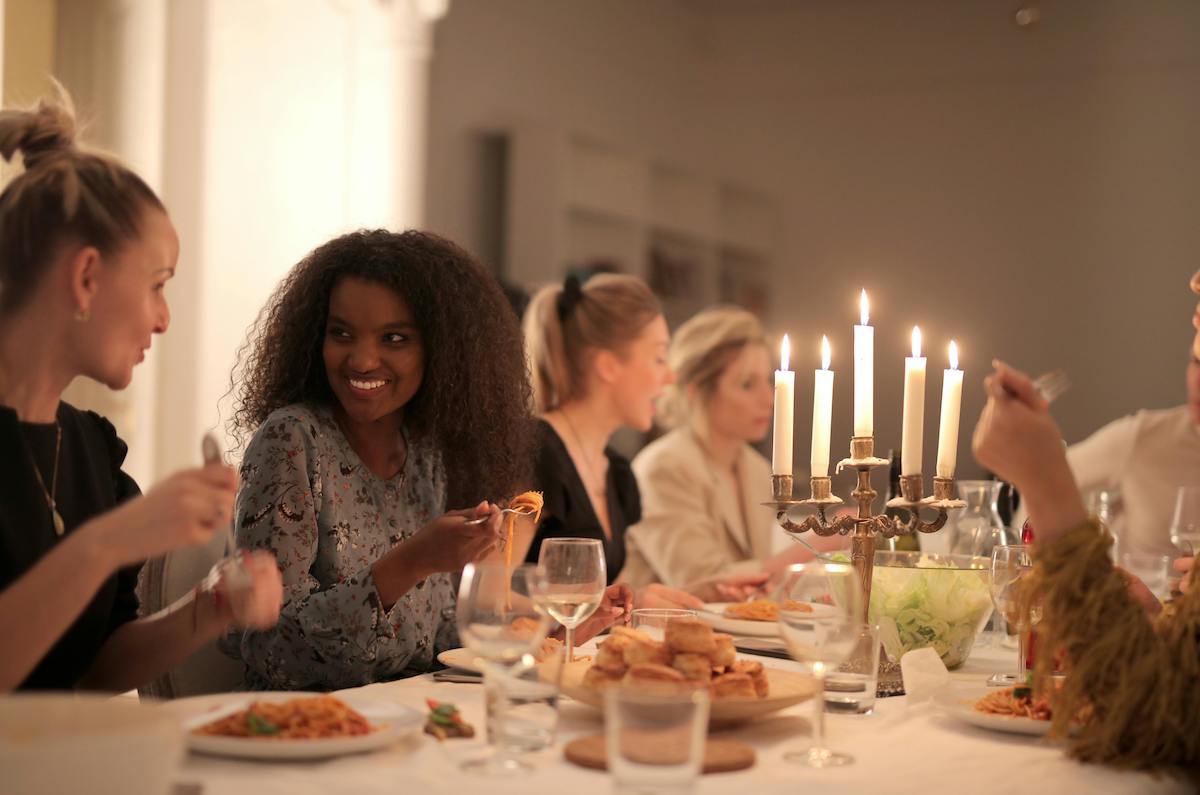Coping With Isolation
Prior to March, who had heard the term social distancing? Now we hear it almost hourly.
Back then, I think many of us assumed coronavirus would remain isolated in Wuhan, China. We kept it on our radar but went about our business as usual. We tried to stay sensible and avoid buying into the media panic. And then it hit home.
Robert Frost said,
“In three words, I can sum up everything I’ve learned about life. It goes on.”
While months of isolation and disruption have been inconvenient, most of us have abided in the best interest of public health. There’s been no need to consult the Zombie Survival Guide (although it’s a fun read while practicing social distancing!).
Although critical for safety, the mental health ramifications of self-isolation and quarantine are not small. Cabin fever is a real and serious thing. Not to mention, those with preexisting mental health conditions like anxiety, depression, or obsessive-compulsive disorder are particularly susceptible to symptom flare-ups during times like these.
As we move into the new school year and the temperatures begin to cool, there’s a renewed sense of worry. That’s why I want to go over a few tools and strategies for coping with isolation and anxiety as we deal with the fact that life goes on outside our doors.
Connect (Or Reconnect) with People Outside Our Daily Routine
Personally, I’ve had more conversations with friends, family, and coworkers over the past few months than under normal circumstances. I had family members visiting South America who had to quarantine upon return. We were communicating more than we had all year. It’s really something special to see how people can adapt and pivot.
Even if we aren’t feeling stressed or concerned, we may have friends, children, family members, or coworkers who are. I suggest reaching out to check on them. Another option is QuarantineChat where we can talk on the phone with someone stuck at home due to coronavirus.
As fall and winter approach, I would suggest everyone educate themselves about the virus before jumping to conclusions, especially those with anxiety. In Canada, anyone with questions about COVID-19 can call the hotline at 1-833-784-4397 or visit the official government website.
For anyone struggling with anxiety, a pending sense of doom, or paranoia, check out some many online mental health initiatives. COVID Health Anxiety offers some helpful tips as does this article from Anxiety Canada. There is also TogetherAll, which provides anonymous support and other mental health resources. We often talk about unplugging for the sake of mental health, in the case of social distancing, technology can reduce the negative mental health impact of isolation.
Develop a New Routine
Sure, we may have had to alter our daily routine, but our long-term goals and values are still there!
Stop. Breathe. Reflect. Plan. Act. Reevaluate. Repeat.
Some folks lucky enough to work from home might not see the big deal with social distancing. Others are out of work and severely impacted by lost income from closures.
Regardless, the situation has changed, but it is only temporary. In the meantime, we can do our mental health a favor by sticking with a routine. Create a mental checklist of everything to do. Creating simple routines can help manage our stress levels as they offer some sense of control in times of crisis.
Schedule time to work out, practice yoga, and meditate. Take some hot baths and read those books sitting on the shelf. Continue using a daily planner and scheduling out every day.
Not sure how to handle something? Struggling with loneliness? Phone a friend. They might have already found a simple solution to the same problem. We’re all in this together.
Connect Internally with Ourselves
There’s lots of talk these days about connecting with ourselves but what the heck does it really mean? In this case, it means allowing ourselves to slow down, focusing on our needs, and setting up priorities.
I like to establish simple rules for a new routine. As I’m writing this, I’m working from home and using this time to practice mindful cooking. Instead of rushing out the door on autopilot, I’m taking care to manage my time and enjoy the positive things I can accomplish. Focusing on the positives and staying in the present moment mentally allows us to connect with and improve ourselves.
It could be the perfect time to check some things off that dusty to-do list, re-discover something you used to love doing (cycling? playing an instrument?), or return to a project you set aside when the pandemic started.

















